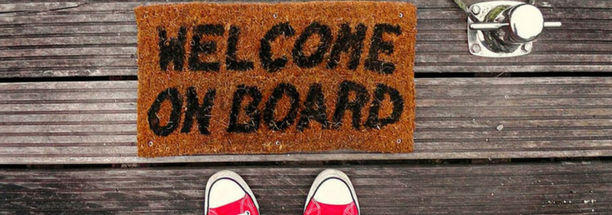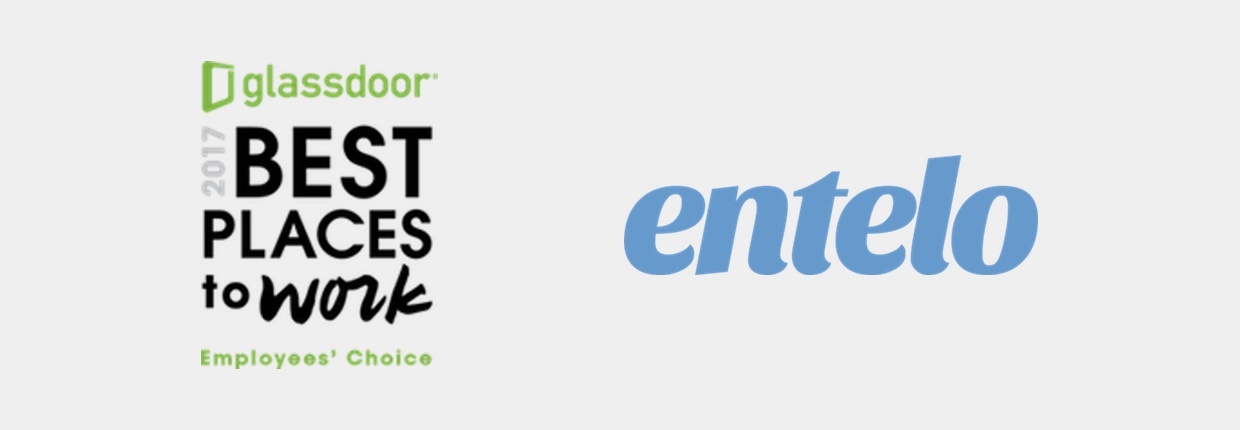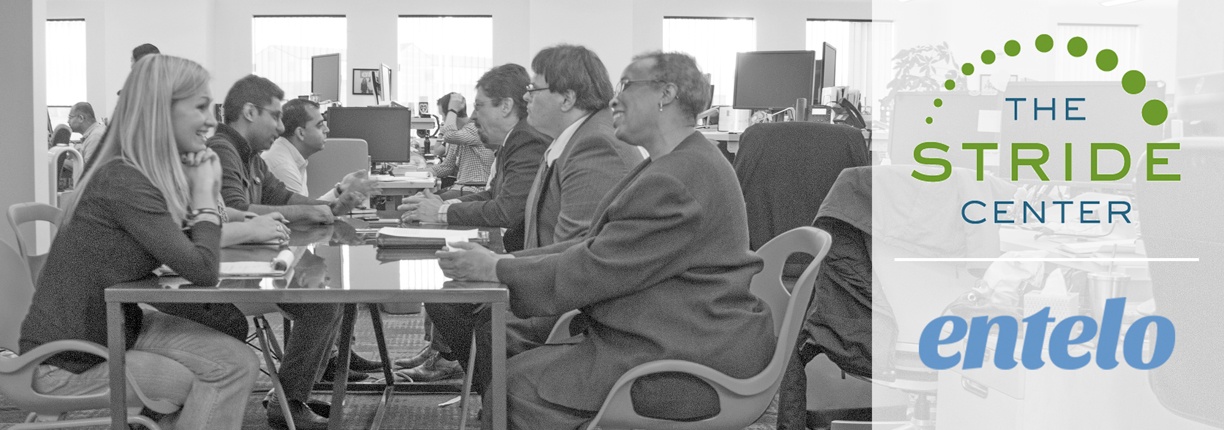Recent Posts

Why We’ve Moved Beyond Culture Fit (and You Should, Too)
There’s a common phrase in recruiting that now makes me shudder when I hear it. The phrase in question? Culture fit. “What’s so wrong with culture fit?” you ask.
Culture fit has become code for “do I get along with this person,” which, in turn, often really means "is he or she like me?" That’s a problem because we shouldn’t base hiring decisions on how much we like people or want to hang out with them. Choosing colleagues is not like choosing friends-- nor should it be. And that’s one reason the idea of culture fit can be so problematic.

Innovative Sourcing, Lesson One: Pay Attention to the Social Data
Knowing which candidates are a good fit for your open roles is an important step in building a hiring strategy that works. To turbo-charge your sourcing efforts, you’ll also want to know how to decipher social signals that tell when someone is more likely to be receptive to a job opportunity. These are the predictive signals we track at Entelo to find the most engaged prospects possible.

How Entelo Revamped the Onboarding Experience
Four years ago, I walked into the one-bedroom loft that doubled as Entelo’s office. I didn’t have a desk, so my boss encouraged me to set up my laptop wherever I could find room. One employee walked over and shook my hand; the rest didn’t look up from their screens. I opened my laptop and tried to figure out how to setup my company email address. I felt like a stranger in a strange land. As a seven-person company, Entelo had a lot to learn about onboarding.

Entelo Honored Among Glassdoor's "Best Places to Work"
We're pleased to announce Entelo has won a Glassdoor Employees' Choice Award, landing us on the "Glassdoor Best Places to Work" list for 2017!
The Glassdoor Employees' Choice Awards are entirely based on feedback that employees voluntarily and anonymously shared on Glassdoor.
A huge thank you goes out to all our employees who took the time to share their perspectives on what it’s like to work here. We appreciate all the valuable feedback as it only helps us to get better. Winning this award is a testament to what we've built so far, what we're working toward and the team we have in place to create that future.

The Four Imperatives of a Woman’s Journey to Success
Embrace an unconventional path and seize opportunities presented to you. Believe in yourself and partner with others who do so, too. Always stand your ground and share your opinion with authority. Whatever your job, be proud and world-class in every action.
These are just some of the lessons we learned during Entelo’s first event featuring women in leadership. Linqia’s Maria Sipka, Floodgate’s Ann Miura-Ko, and Decker Communications’ Hilary Davis told their stories of change, learning, and success during Tuesday’s Reflect, Grow, Empower panel. While sharing their own unique narratives, the panelists found common ground on how they achieve their goals, build their network, and continue developing their careers.

Why Transparency Builds a Positive Candidate Experience
Quick exercise: Name one thing you could do today, with almost no cost and no time required to implement, that will have an immediate, positive impact on your recruiting organization.
Stumped? Here’s the feedback we hear all the time from candidates interviewing for roles at Entelo.

Bay Area Diversity Advocates Gather at Entelo to Discuss Their Company D&I Initiatives
How can you push diversity efforts through your company without the authority to make the necessary changes? What does it take to turn a passive supporter of diversity efforts into an active participant and champion? Can you get someone to unlearn a biased behavior?
These are some of the tough questions faced by employees who advocate for increased workplace diversity and inclusion. Over 40 members of the Diversity Advocates group, founded by Freada Kapor Klein, gathered at Entelo last Tuesday to share their best practices, frustrations and triumphs taking action with D&I initiatives at their organizations. Ms. Klein is the founder and Board Chair of the Level Playing Field Institute and Partner at the Kapor Center for Social Justice.

Entelo is Thrilled to Announce Our Partnership with The Stride Center
At Entelo, we have always been committed to supporting our community. In keeping with our core value of “helping people find work they love,” we are excited to play a part in helping local, low-income adults gain in-demand professional skills, enabling them to launch new careers to support themselves and their families.

How We're Defining Our Dream Team
About a year ago, our company hit a turning point. No longer a scrappy group of early employees, working out of a loft apartment, striving toward our foothold in the market.
Instead, we had become a legitimate business. Our team, which had burgeoned to 20 employees, now worked out of a real office with an actual conference room. Our brand, product and customer base were growing each day.
Yet while we successfully found the proverbial product/market fit with customers, we had begun to lose that same sense of cohesion across the team. How could we foster better team unity as we continued to grow?


